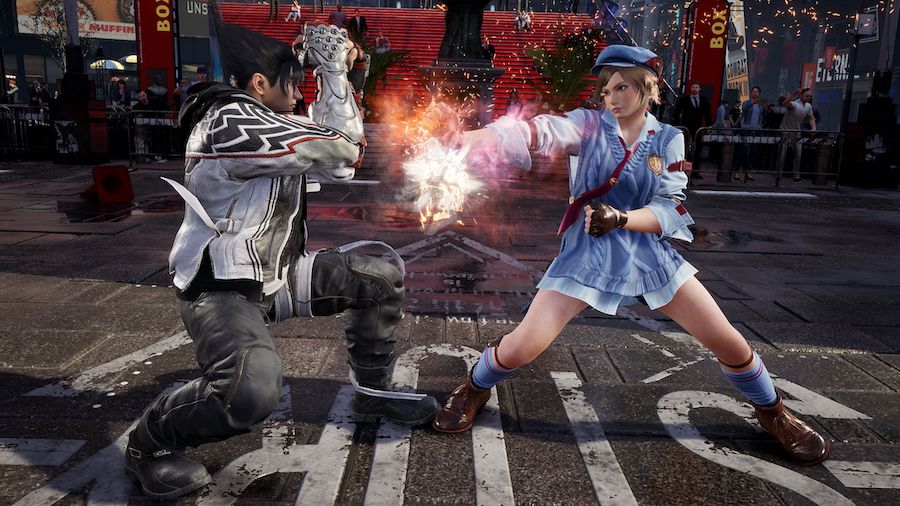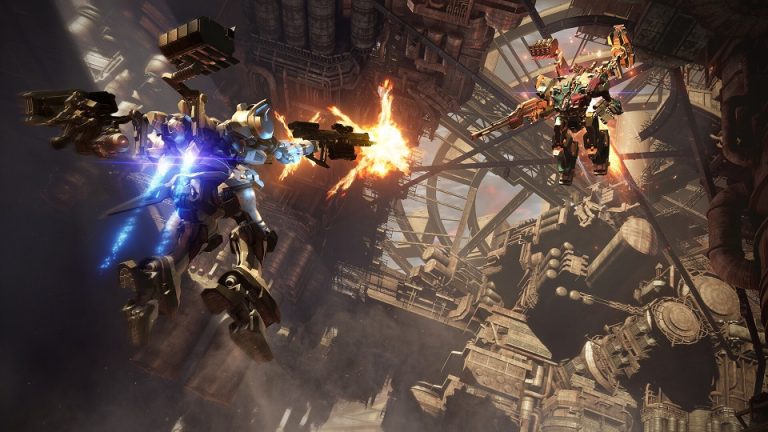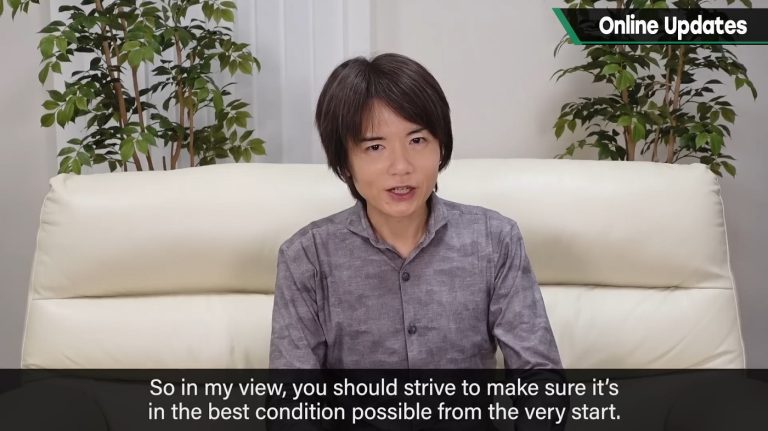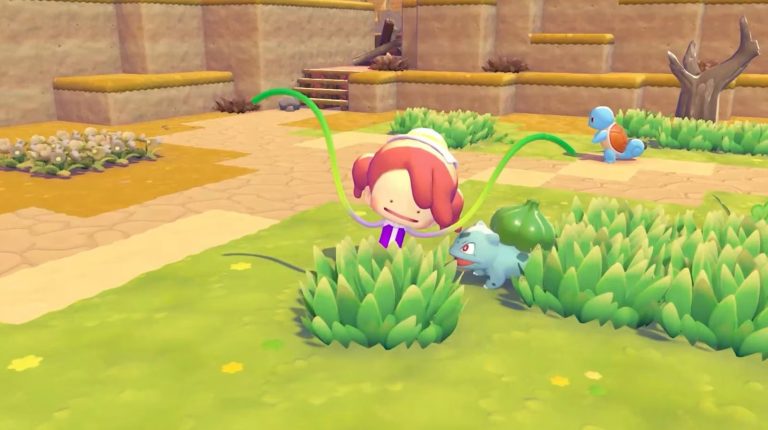Tekken project leader Katsuhiro Harada recently gave a detailed keynote presentation at Japan’s Computer Entertainment Development Conference (CEDEC) 2024. In his presentation, he talked about the evolution of the Tekken series and the future of fighting games as a whole (source: 4Gamer).
Tekken holds several Guinness World Records, including “the longest running 3D fighting game franchise.” Along with (originally 2D) series Street Fighter, Tekken is one of the beat-’em up franchises that has consistently put out new titles as technology and console generations have advanced. Harada has been involved with the Tekken series since the beginning- but where does he think that fighting games should go next? In his speech, Harada highlighted three major areas.
Forming new communities
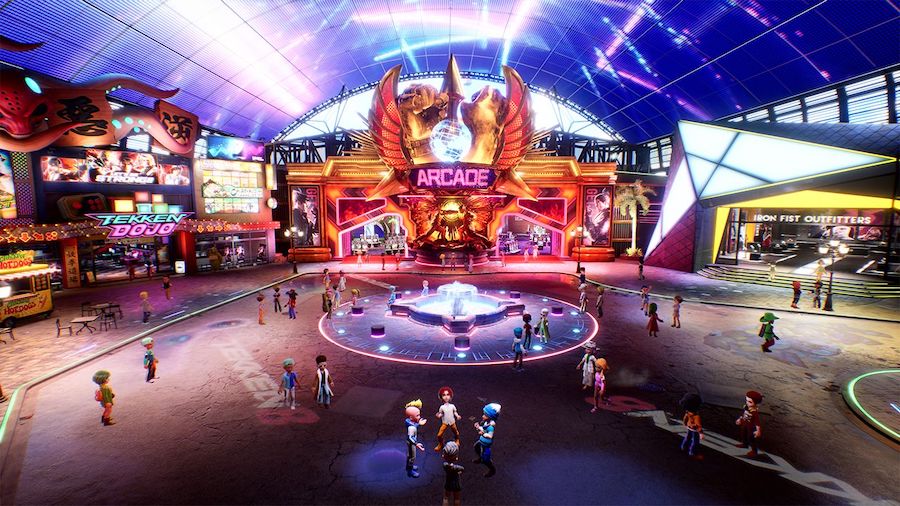
Most of the fighting games released in recent years have online lobbies, like Tekken 8’s Tekken Fight Lounge. In these virtual spaces, players can hang out and challenge each other to battles. Harada describes this concept of a lounge, which gradually came into being, as “my own dream.” However, in the future, he hopes that such lounges will not be divided by game as they are today. Instead, it seems Harada is imagining a kind of virtual arcade where many players can hang out and play all kinds of fighting games from different developers.
A generation no longer entranced by arcades and local multiplayer
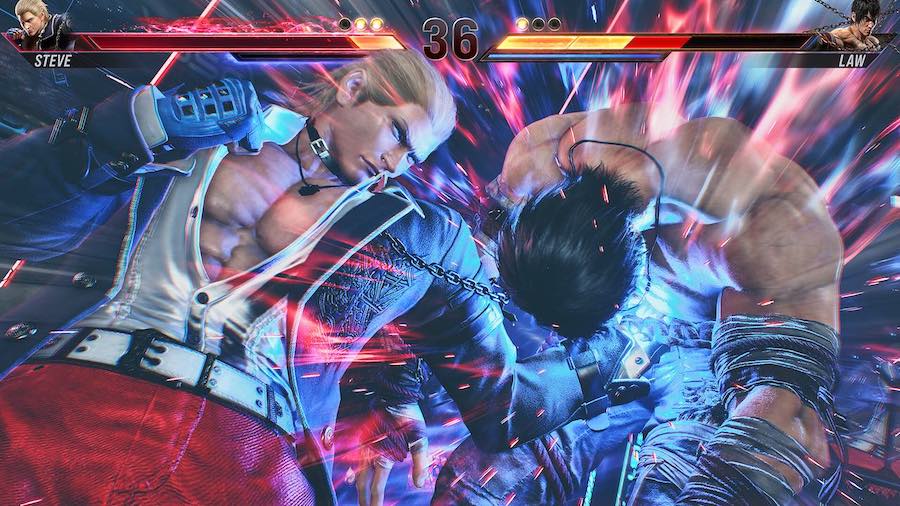
Looking back, Harada describes 2000- 2010 as a “Dark Age” for the fighting game genre. Arcades were on the decline, and although the transition to online gaming on consoles had begun, home internet connections and speeds in the first half of the decade were less stable and far slower than they typically are today. This period proved a tricky one for many fighting games as they struggled to navigate this shift, resulting in some series dying off or going into hibernation.
Despite this, many of the fighting games that have survived and remained popular were originally created over two decades ago. “The fighting games that are typically played in the current esports scene were all born in the 1990s.” Harada explains. “If I were to make a completely new fighting game, I would change the fundamentals of its creation.”
In other words, a hypothetical new fighting game series should forge its own path and not be constrained by the trappings of previous fighting games. He states that current fighting game series, including Tekken, are still “trapped under the spell” of having to maintain the style and atmosphere of past successful titles, and that it is hard to escape from this.
Harada mentions that delays are still a problem for fighting games, where the difference between victory and defeat can be a matter of milliseconds. Game affecting-delays can occur in multiple places, as shown in Harada’s presentation slide below. This not only includes internet network slowdown but also latency between controllers and consoles, screens and consoles, and connection issues caused by environmental factors.
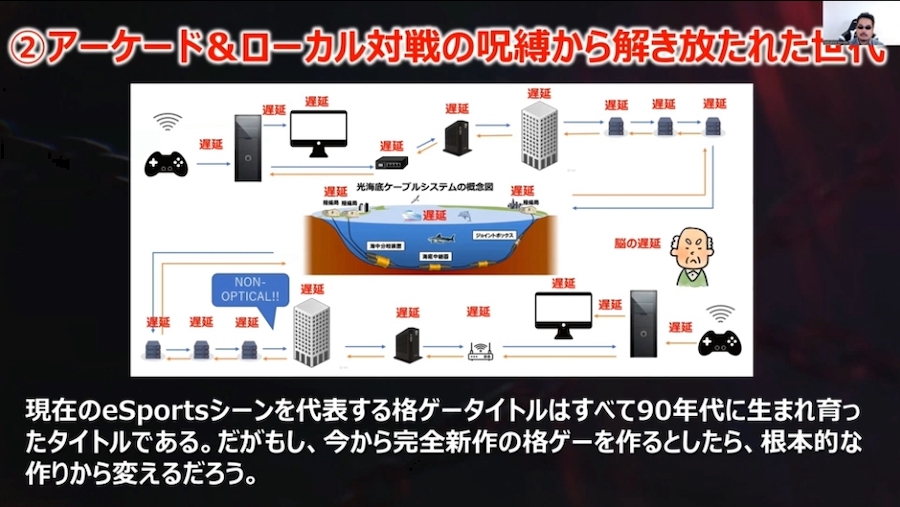
In the future, a new fighting game created completely from scratch could end up revolutionizing the genre.
Player AI that is indistinguishable from human players
Looking towards the future, Harada also discussed what will change with the evolution of AI, in this case, player AI.
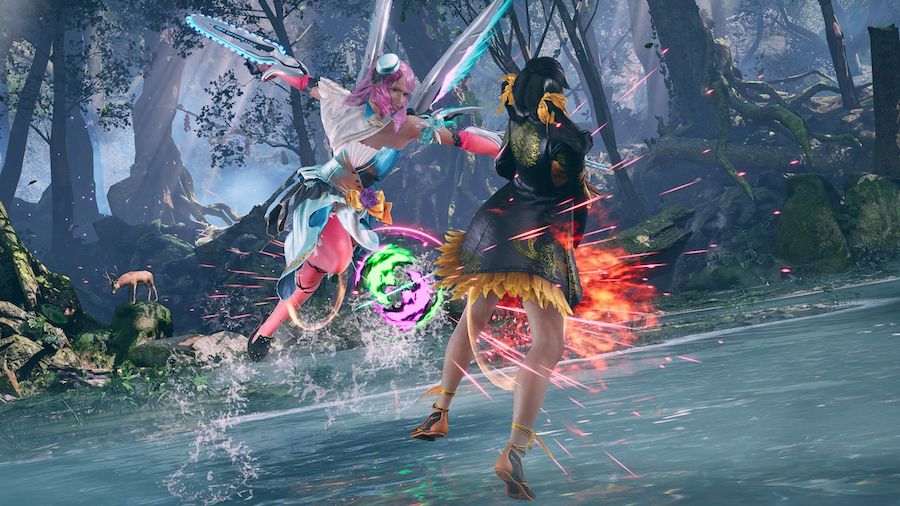
Tekken 8’s Ghost AI learns the player’s moves through Q-learning and replicates them. By playing against their Ghost AI, players can learn their weaknesses and become better at the game. Harada posits that people’s personalities have the potential to be preserved by AI, citing a real-life episode where a Tekken 8 player asked if there was a way to permanently save his deceased brother’s Ghost AI.
Harada pointed out that fighting game players often want to fight against players who are around the same ability level and hone their skills. He suggests that this opponent doesn’t necessarily have to be human and could be advanced AI.
This kind of advanced AI player could be useful in other genres such as MMORPGs. Harada envisions a future where opponents and parties are an indistinguishable mix of people and AI, immersing the player in the game’s world and story.
Closing his speech, Harada joked “How can I talk about the future when I have less than 10 years until I retire?” but also added that he hopes he can provide a cornerstone for the evolution of games. “I’d like to continue to work a bit harder from now on.”

